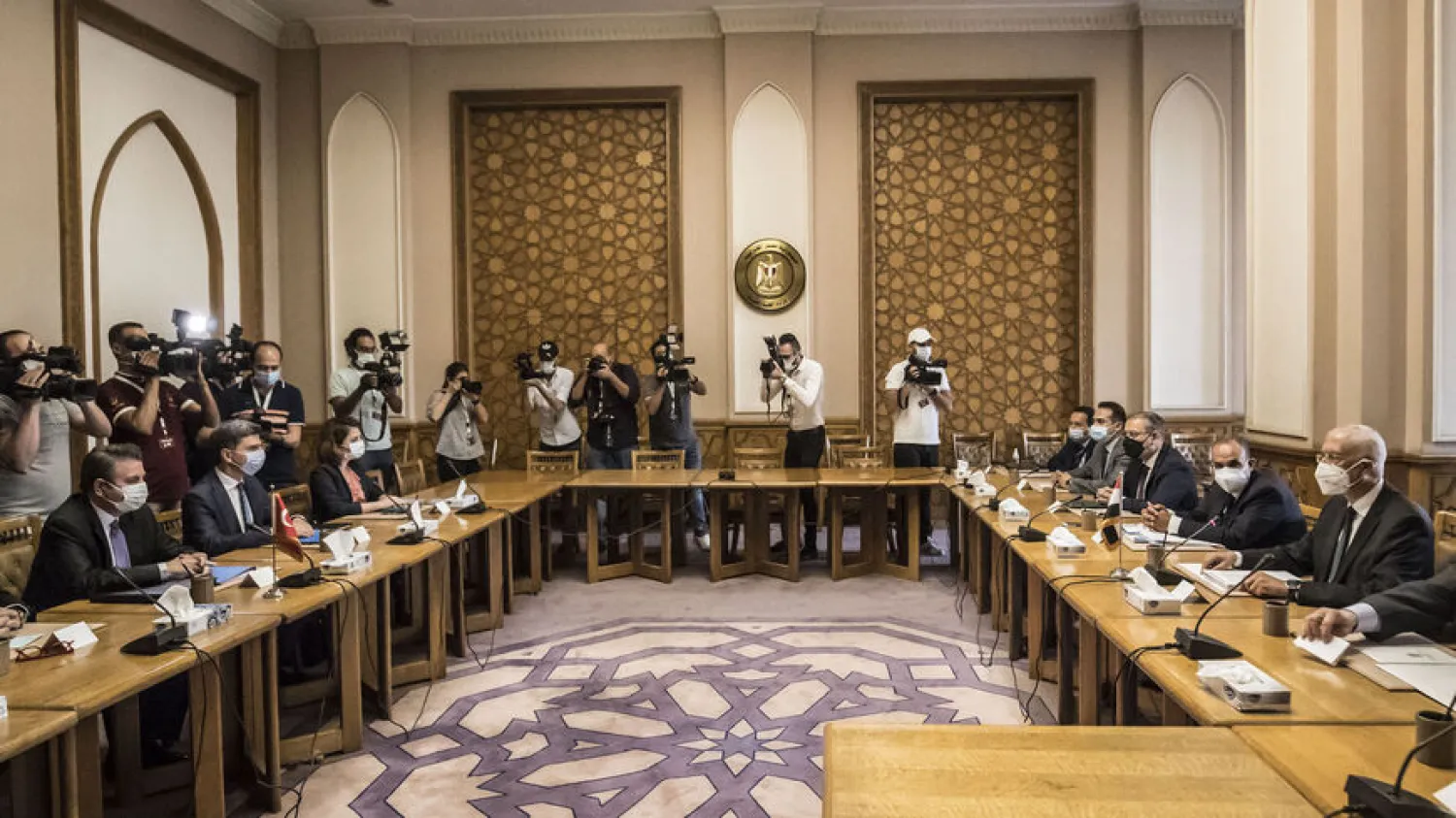Turkish Foreign Minister Mevlut Cavusoglu said that the dialogue between Ankara and Cairo has been ongoing since efforts kicked off to mend ties.
The Turkish minister’s statement follows two rounds of “exploratory” talks between Egypt and Turkey, the first of which was held in Cairo in May.
At the time, representatives of the two countries said in a statement that the discussions were “frank… and dealt with bilateral issues, as well as a number of regional files.”
The second round took place in Ankara last month, during which the two sides agreed to “continue consultations and affirmed their desire to achieve progress on outstanding matters.”
In a statement to CNN Turk, reported by the Russian news agency Sputnik on Thursday, Cavusoglu said dialogue with Cairo was continuing but plans to exchange ambassadors have not yet materialized.
Political tension between Ankara and Cairo started in 2013 after Turkey criticized the ouster of the Muslim Brotherhood regime in Egypt.
While the two embassies continued to work at the chargé-level, trade and economic relations remained largely unaffected by political disputes.
In recent months, Turkey took steps that Cairo described as “positive”, by restricting a number of channels supporting the Brotherhood that were broadcasting from Istanbul.
In September, Egyptian Prime Minister Mostafa Madbouly hinted at the “possibility of resuming diplomatic relations with Turkey this year.” But he tied the matter to “overcoming (outstanding issues)”.
In a joint statement published by the foreign ministries of both countries last month, Egypt and Turkey stressed the “need to take additional steps by both sides to facilitate the normalization of relations between them.”









